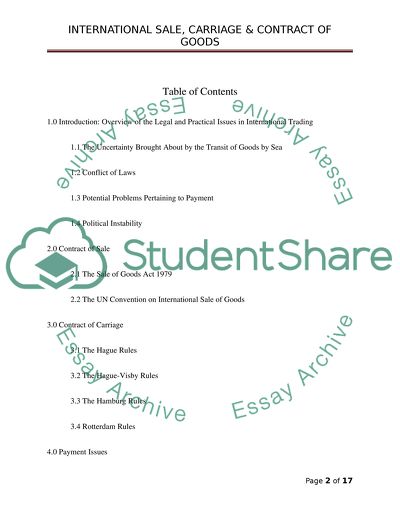Cite this document
(“International sale carriege and contract of goods Essay”, n.d.)
Retrieved from https://studentshare.org/environmental-studies/1406422-international-sale-carriege-and-contract-of-goods
Retrieved from https://studentshare.org/environmental-studies/1406422-international-sale-carriege-and-contract-of-goods
(International Sale Carriege and Contract of Goods Essay)
https://studentshare.org/environmental-studies/1406422-international-sale-carriege-and-contract-of-goods.
https://studentshare.org/environmental-studies/1406422-international-sale-carriege-and-contract-of-goods.
“International Sale Carriege and Contract of Goods Essay”, n.d. https://studentshare.org/environmental-studies/1406422-international-sale-carriege-and-contract-of-goods.


